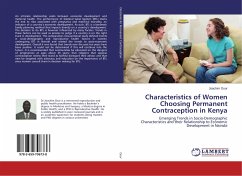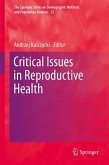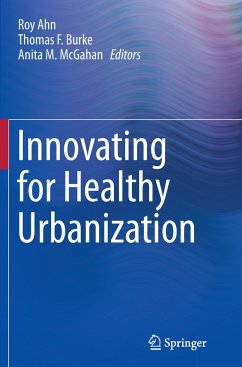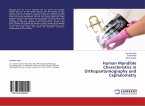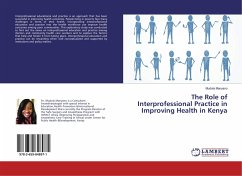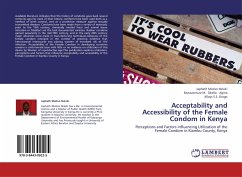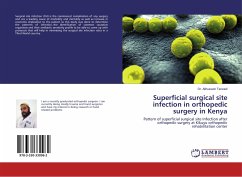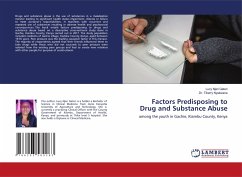An intricate relationship exists between economic development and maternal health. The performance of bilateral tubal ligation (BTL) marks the end to risks associated with pregnancy and maternal mortality, an indicator of a country's economic development. As such, BTL is a landmark family planning method that impacts directly on a country's development. The decision to do BTL is however influenced by many factors. Trends in these factors can be used as proxies to judge if a country is on the right track in development. This comparative cross-sectional study defined trends in socio-demographic and reproductive health factors in women undergoing BTL in Nairobi and related the trends to socio-economic development. Overall it was found that trends over the past ten years have been positive. It could not be determined if this will continue into the future. It is recommended that communities be educated on the dangers of pregnancies at ages above 35 years; that religions that oppose contraception review their stand as faithful disregard their advise; and that men be targeted with advocacy and education on the importance of BTL since women consult them in decision making for BTL.

